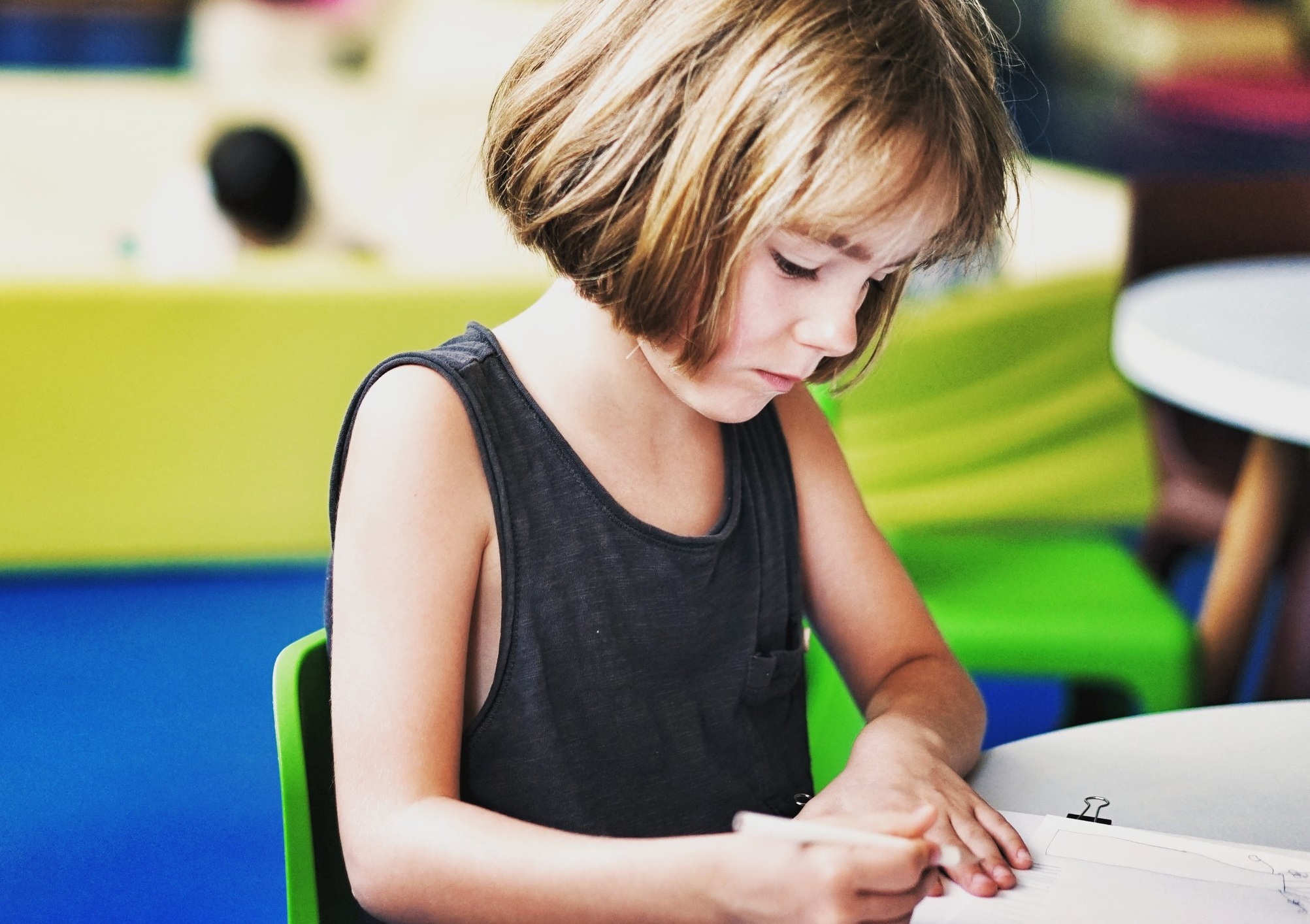Wondering If Your Child Has A Learning Disability? Advice From A Special Education Teacher On How To Handle Learning Challenges.
Help Your Little One Succeed
For this post, we are excited to feature a guest blogger and Special Education Teacher in Waterloo Region, Ms. Laura Mainland. Laura works with children who have a wide range of learning potential. She shares with us some advice for how to help your little one excel. Enjoy!
Advice From A Special Education Teacher by Laura Mainland
Parenting is hard. I don’t think there’s a parent out there that would debate that. Most parents can relate to one another over common stories of sleepless nights, grocery store meltdowns during the dreaded “terrible twos” (or threes, or fours), or handling multiple sick children in the wee hours of the night in a manner worthy of an Olympic medal.
What not every parent can understand, however, is the difficult journey of worrying about your child’s learning. Despite all of your creative interventions, nightly fights over homework, disappointing grades, and tearful school drop offs on ‘Spelling Test Fridays’ has become your new normal and you’re not sure what to do next.
Your child’s teacher may have already reached out to you with their concerns. At this point, they’ve likely already started documenting trends in behaviour or learning that they’ve observed, and the strategies they’ve attempted to help your child achieve success. Perhaps they’ve noted that your child performs best when given an opportunity to orally express their ideas so they rehearse written work together before your child begins their writing. Maybe your child seems to get overwhelmed visually when presented with several math questions on a page so they’ve started putting one or two questions on a page at a time for them. Maybe they’ve noticed your child’s focus seems to wander when the classroom becomes noisy or during large group discussions, so they’re trying to keep your student’s desk near the front to reduce these distractions. If you’re being contacted by a teacher with concerns about your child, it’s a great idea to ask what trends they’ve noticed and what strategies they’ve already tried and with what kind of success. This information can be very important moving forward to support your child.
Often, schools can provide a written letter addressed to the parent describing observed behaviours or learning challenges so that the parent can share this with a paediatrician or psychologist. These letters are often incredibly valuable to these professionals as parents simply cannot know how their child performs in a setting they are not part of on a daily basis. For example, your child may be able to focus and follow multi-step instructions for drills at hockey practice due to his high interest in the activity, but may struggle to follow simple instructions or routines during his school day.
At this point, consulting with a psychologist is a fantastic next step. They can listen to your concerns, the school’s concerns, and decide if a psychoeducational assessment is a reasonable next step. Some parents I’ve worked with feel nervous about this step—they share that they feel a diagnosis may limit their child in the future. The truth is quite the opposite. The information a psychoeducational assessment provides helps determine how your child learns best and can be revolutionary for educators working with your child. This assessment will inform future educators regarding how to teach towards your child’s strengths and create a learning environment that fosters optimal academic achievement for your child. For example, if your child’s assessment reveals that your child is an auditory learner and learns best through listening to information, your child’s educators may seek audiobooks for novel studies, and may use assistive technology software to read questions aloud to your child. If the assessment suggests an attention difficulty, your child’s teacher can work to limit distractions in your child’s learning environment and can provide a quiet space for testing. Accommodations to your child’s instruction, environment, and assessment can be determined as a result of the data collected in a psychoeducational assessment, and can make an incredible difference in your child’s success throughout his academic career.
If you’re a parent who is concerned about your child’s learning, talk to their educators and ask if they think a psychoeducational assessment may be an appropriate next step. Just because your child isn’t reading at grade level, struggles to get their ideas on paper, hates math, is impulsive on the school yard, or can’t seem to pay attention in class does not mean you are in for 14+ years of struggle. It may mean, however, that your child has a unique cognitive profile that may require special attention. And that special attention could change everything…. for both of you.
A big thanks from the Waterloo Psychology Group team to Laura for authoring this post. If you are interested in consulting with a registered psychologist regarding a psychoeducational assessment for your child or adolescent, please reach out and we will be happy to assist you.

